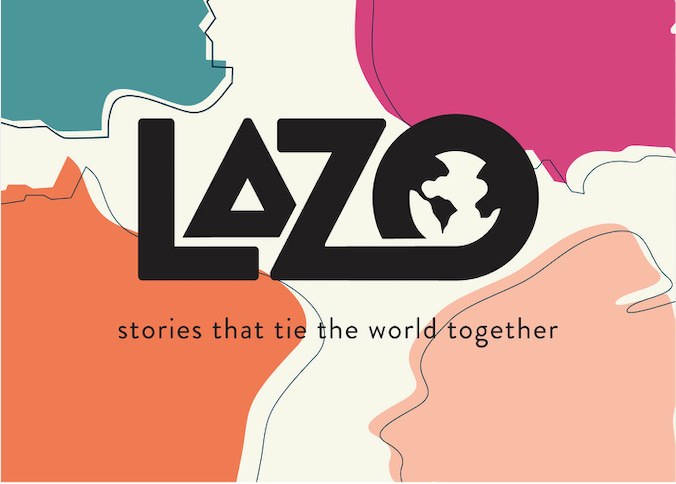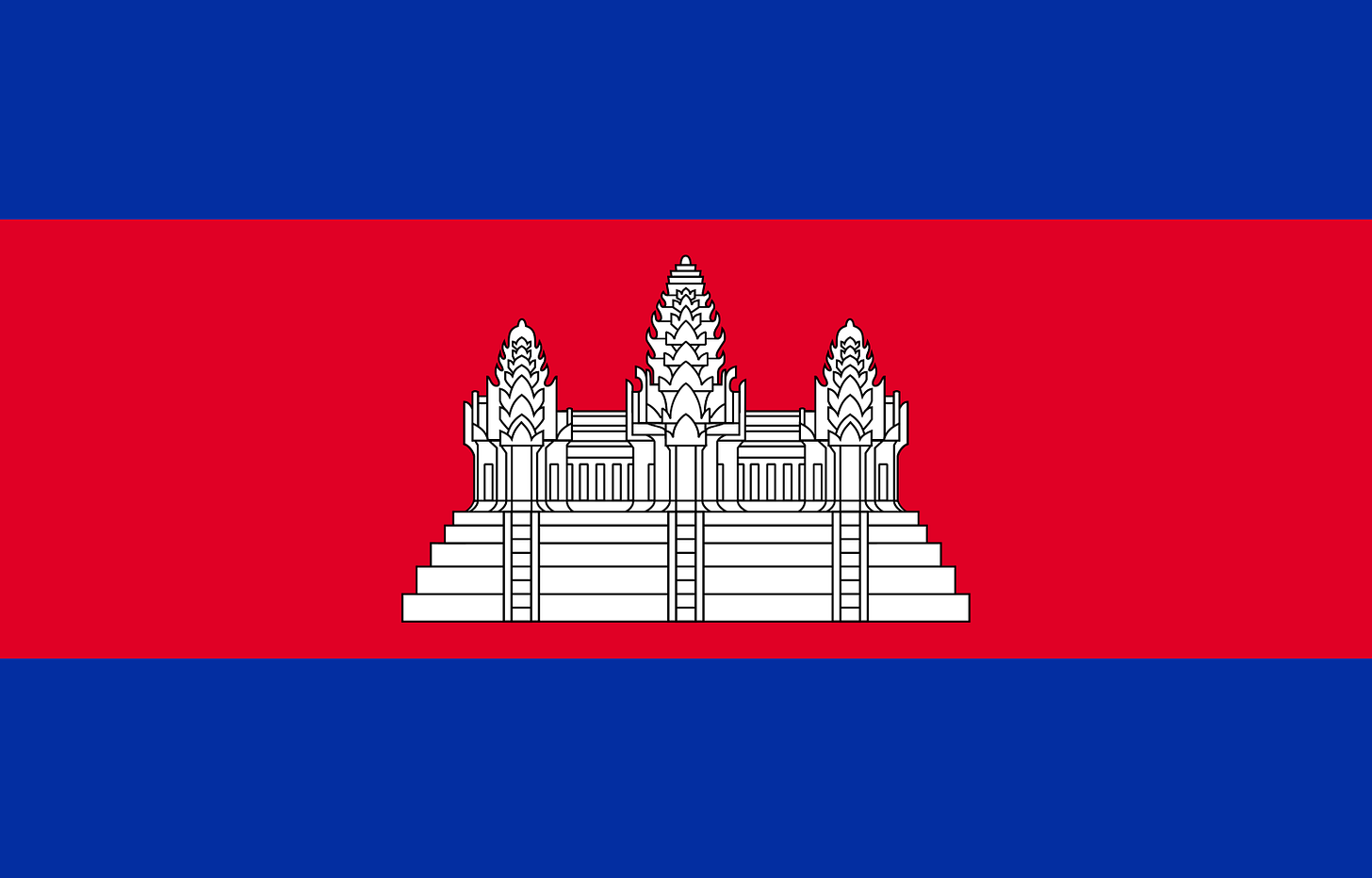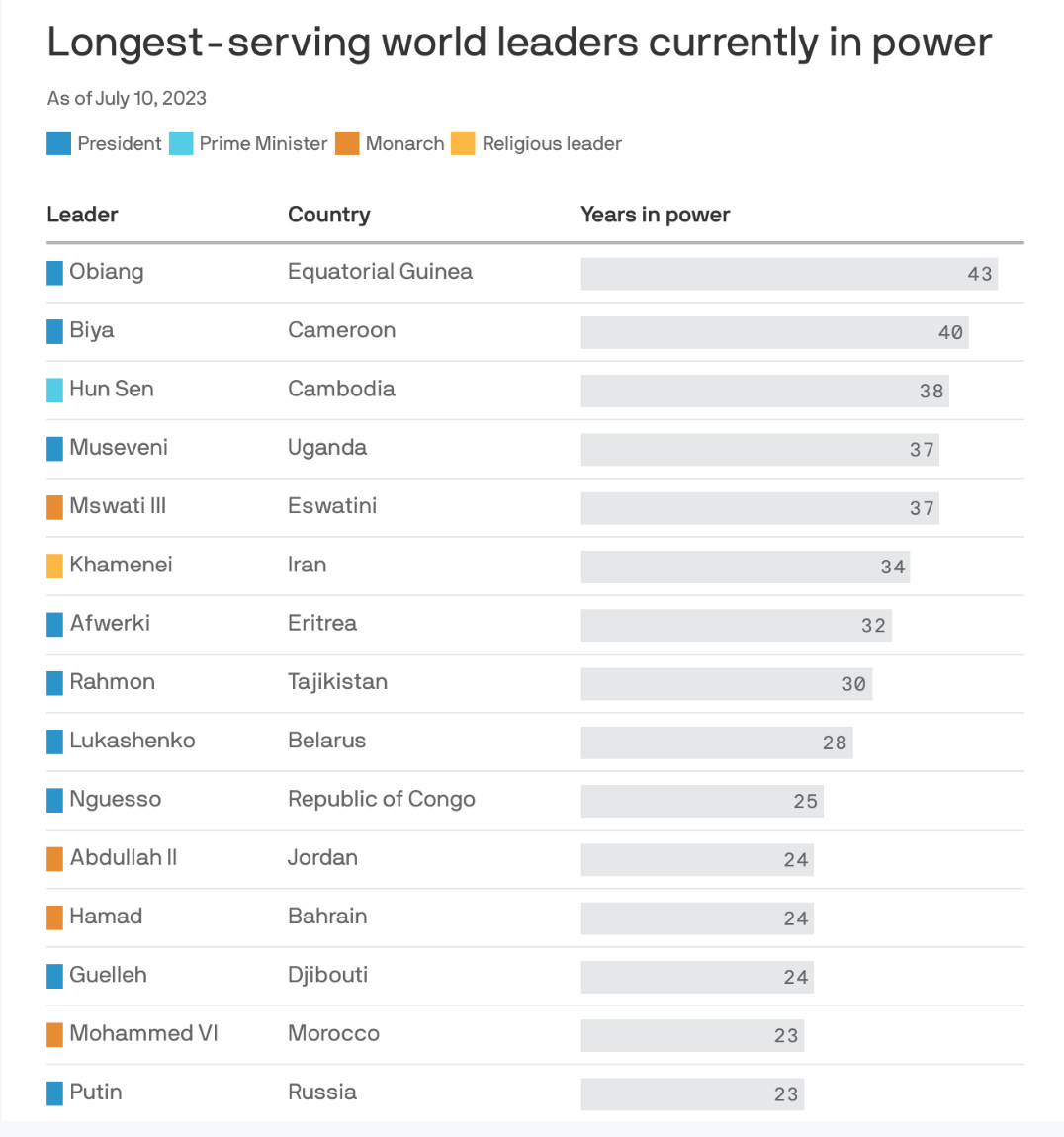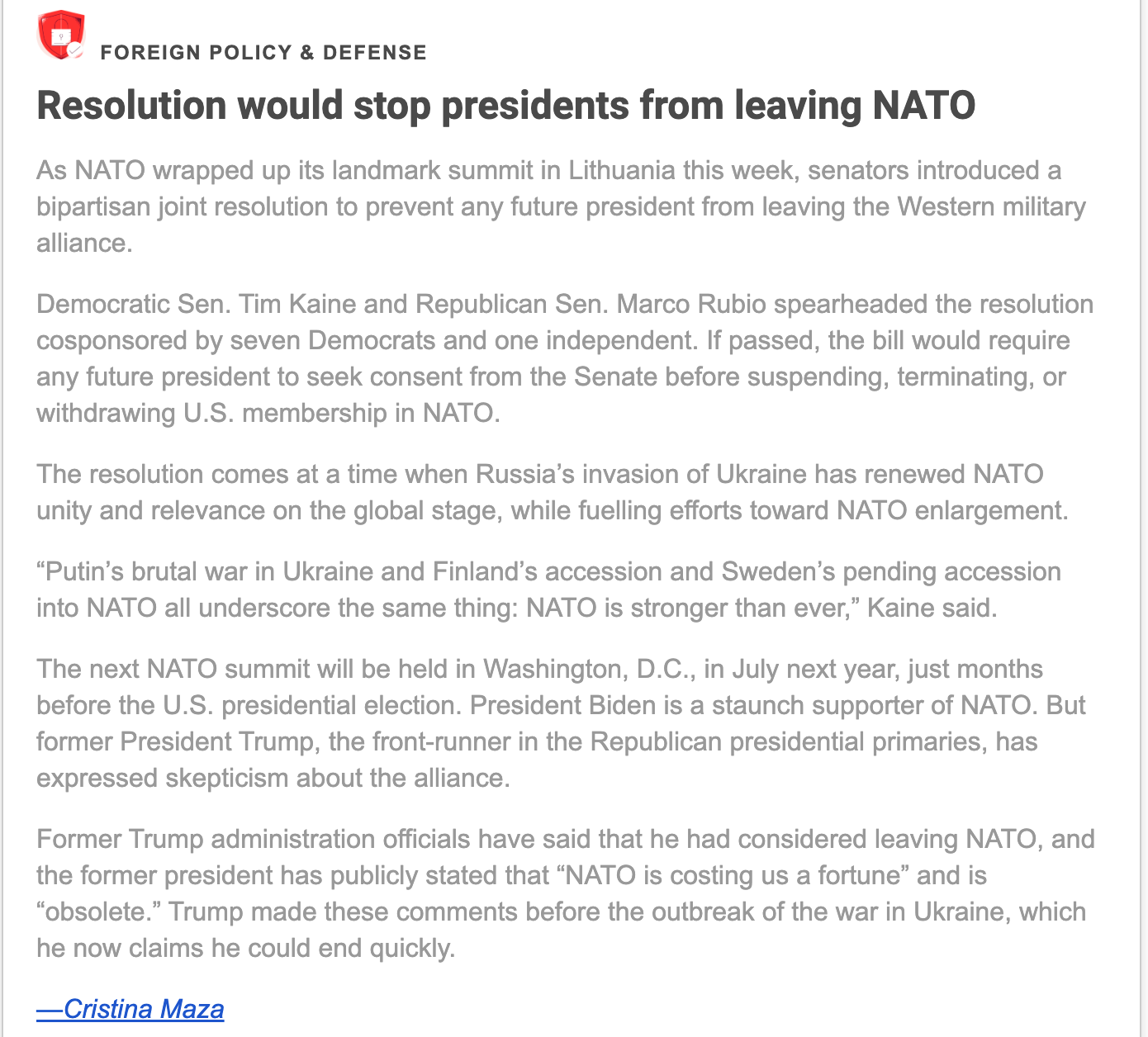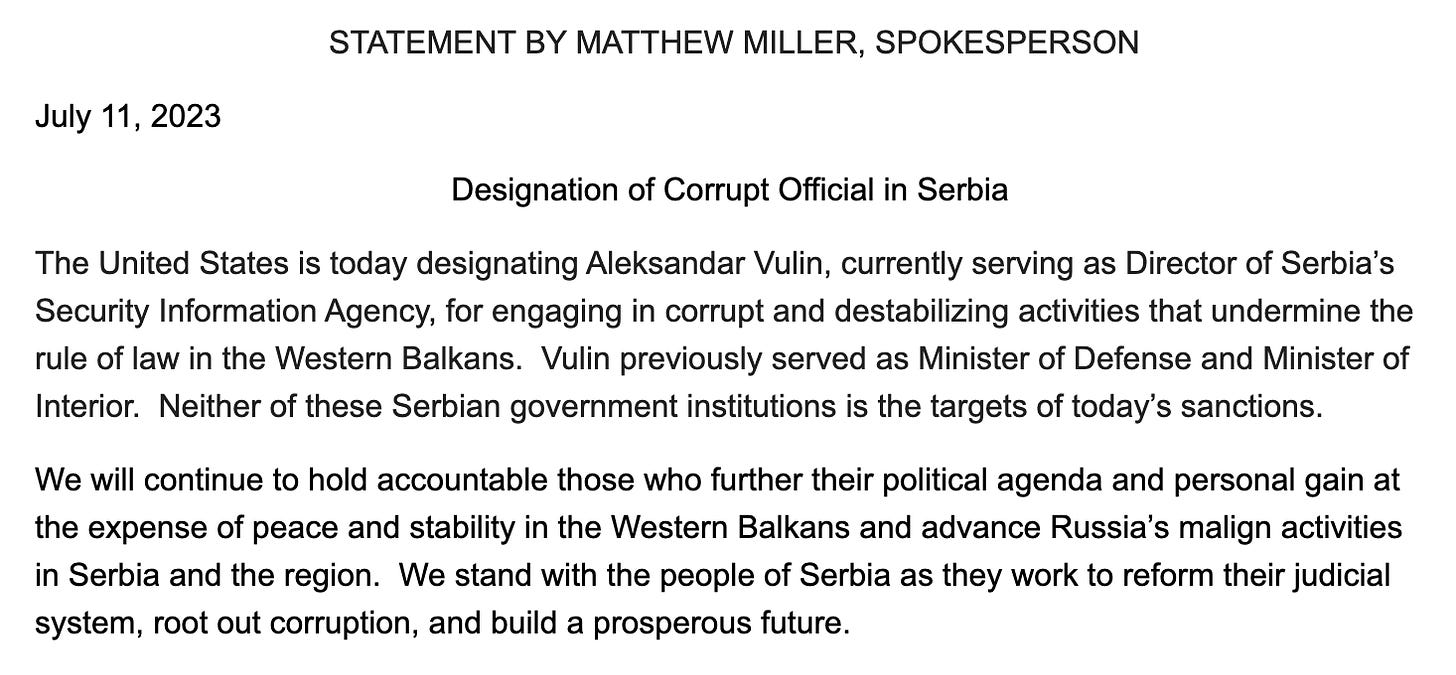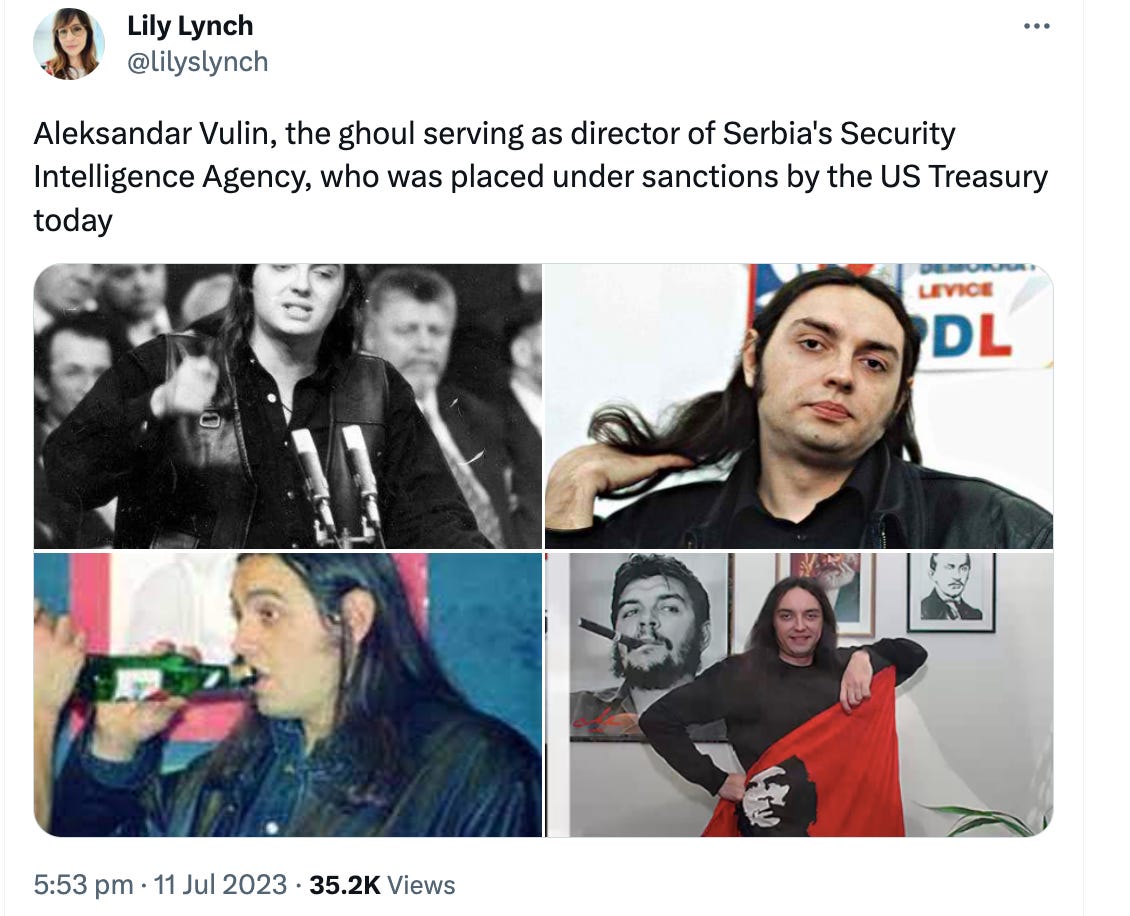First, hello to all the new people! For those who don’t know me, my name is Cristina, and I’m a U.S.-based journalist and dual citizen whose work and curiosity has taken me around the world and back a few times. This newsletter is my passion project, and also the weekly dispatch for my soon-to-be-launched online magazine about international affairs, Lazo Magazine. I’m so glad you’re here. Feel free to write and tell me what you’d like to see in this newsletter.
This week’s edition is simultaneously easy and difficult to write. Easy because Cambodia is a country I know intimately, where I chose to spend over a year of my life. It’s where I lived when I launched the first iteration of this newsletter. I did so much work there that I was proud of, including this story about Cambodians brought to the U.S. as children and later deported, or a report on Cambodian women sold as brides in China who escaped to freedom. My story about a Buddhist nun defying gender norms was also a personal favorite, as was our series on Cambodia’s underground commercial surrogacy industry. The country was full of surprises and misery and so much beauty. I was very privileged to get to write about it.
But it’s also challenging to describe a place you know so well because there is always more to say. How do you choose what to include and what to leave out? How can you fully put into words all that a place really is? I guess that’s a question I ask myself often.
This week is about Cambodia.
Welcome to the 195 series, where I take you on a mini-tour of every country (and maybe some places that want to be countries). Each week I'll feature a new location. Some you may have heard of, while others may be new to you. The point is to learn and nurture our curiosity about the wider world. Maybe you'll find a new artist or musician you like, too. You can skip to the bottom if you only want the week's news.
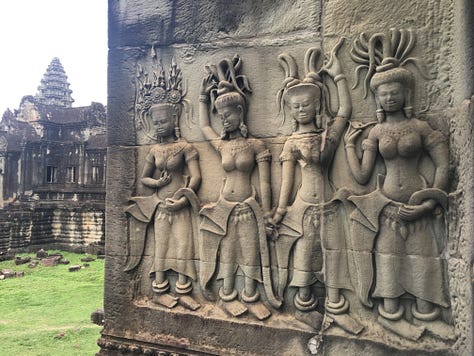
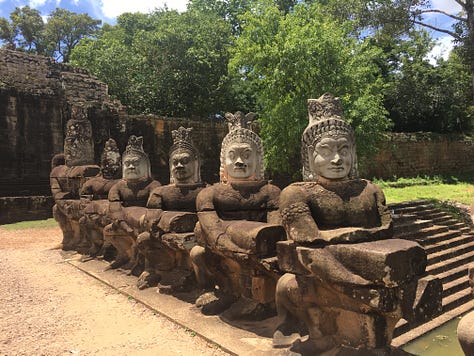
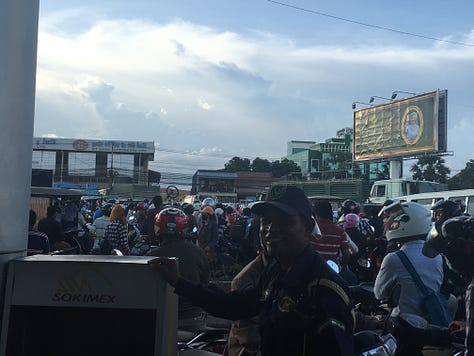
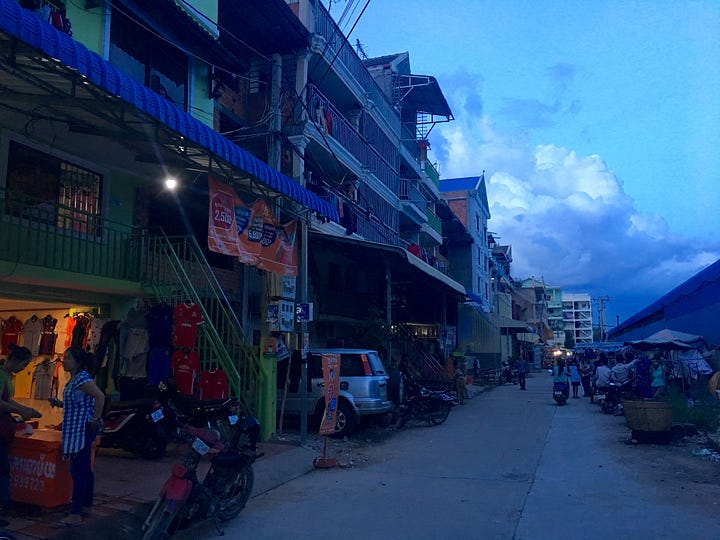
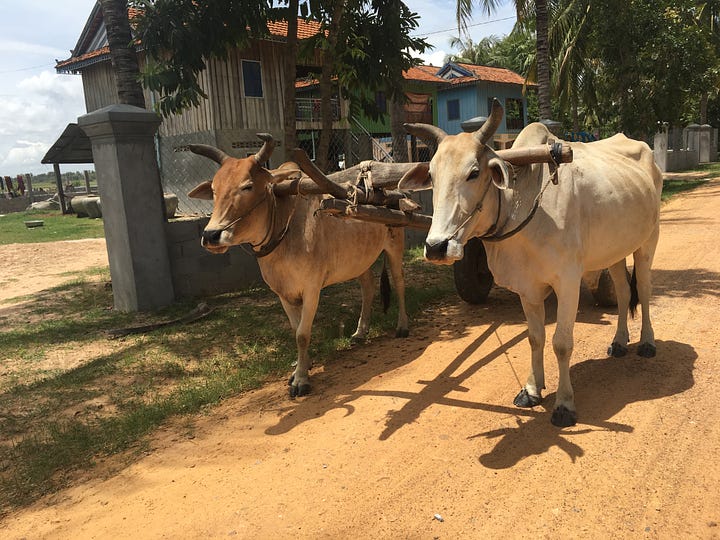
Country Info:
Population: Roughly 16.9 million.
Current government: Cambodia’s democracy has been flawed for years. But things became notably worse in the last several years as the longtime Prime Minister Hun Sen jailed opposition figures, clamped down on the free media, and shuttered non-governmental organizations. The newspaper I worked for has since been purchased by owners aligned with the Prime Minister.
The organization Freedom House writes:
Cambodia’s political system has been dominated by Prime Minister Hun Sen and the Cambodian People’s Party (CPP) for more than three decades. While the country conducted semicompetitive elections in the past, the 2018 elections were held in a severely repressive environment. Since then, Hun Sen’s government has maintained pressure on opposition party members, independent press outlets, and demonstrators with intimidation, politically motivated prosecutions, and violence.
I couldn’t help but notice this infographic from Axios that names Hun Sen – a former Khmer Rouge soldier – as the third longest-serving world leader.
Religion: Around 93 percent of the population is Buddhist, and 95 percent of the country’s Buddhists practice Theravada Buddhism. This article in Culture Trip describes how Cambodians practice, including by “making merit” or giving donations and doing volunteer work at temples. Buddhist monks often roam around the cities and villages in saffron robes, holding out small bowls for donations.
Standout artist: Van Chhovorn, a wood sculptor and painter born in a Thai refugee camp and enslaved on a fishing boat before eventually studying at a free art school in Battambang, Cambodia.
Standout film: Enemies of the People, an acclaimed 2009 documentary about the Khmer Rouge’s genocide in Cambodia. It’s powerful but not exactly uplifting.
A surprising thing: Almost three decades after Cambodia’s civil war ended, the country still has an estimated 4 to 6 million uncleared land mines and pieces of unexploded ordnance. According to Halo Trust, “around half of Cambodia’s minefields have been cleared, and those remaining are largely concentrated in the rural north-west of the country, especially along the Thai border.”
Story of the week: Joshua Kurlantiz writes for the Council on Foreign Relations about the Cambodian parliamentary elections on July 23:
While there are a few obscure opposition parties contesting the election, they are just there for show. Major opposition leaders like Kem Sokha are in jail or house arrest, as are other members of the leading opposition party, along with prominent dissidents, activists, and others who have challenged the government and Prime Minister Hun Sen.
What I’m writing:
• This week was all about the NATO summit in Lithuania and what the Western military alliance would offer Ukraine. The answer? Mostly business as usual. But Ukraine did score a few wins. Here’s my deep dive into the outcome of the summit. This article is free to read.
My weekly news blurbs:
What I’m reading:
When I left France, for example, there were a lot of people who said I had gone off on a sudden impulse. And when I returned unexpectedly after six years of traveling, they might well have spoken of a sudden impulse once more – Jean-Paul Sartre, Nausea.
• Turkey and Hungary agreed to move forward with ratifying Sweden’s NATO membership, EuroNews reports. But then Turkish President Recep Tayyip Erdogan said the final decision was with the Turkish parliament and Sweden needed to do more to win parliamentary support. Parliament won’t take up the matter until October, meaning Sweden is still waiting.
• Sweden’s top court blocked the extradition of two Turks that Ankara says are part of the Gulen movement, which may complicate Turkey’s ratification of Sweden’s NATO bid, Reuters reports.
• Russian hard-liners demanded that Turkey be designated an “unfriendly” country after Turkish President Recep Tayyip Erdogan lifted his veto on Sweden’s NATO bid, the Washington Post reports.
• The commander of the Freedom of Russia Legion – the anti-Putin Russian paramilitary group – says his fighters are planning another cross-border raid into Russia and are seeking to capitalize on disarray inside the Kremlin following the mutiny by Yevgeny Prigozhin, the Guardian reports.
• The Intercept has a report on the Russian Volunteer Corps and its leader Denis Kapustin, an alleged neo-Nazi and former soccer hooligan. The report claims that for years Kapustin maintained public links with notorious American neo-Nazis, including Robert Rundo, the founder of the street-fighting gang Rise Above Movement.
• For years, a clandestine unit of Russia’s Federal Security Service covertly tracked high-profile Americans in the country, broke into their rooms to plant recording devices, recruited informants from the U.S. Embassy’s clerical staff, and sent young women to coax Marines posted to Moscow to spill secrets, the Wall Street Journal reports.
• Lt. Gen. Oleg Tsokov, a senior Russian general, was killed by a U.K.-supplied long-range Storm Shadow missile in a strike on a hotel in Berdyansk on Ukraine’s occupied southern coast, the BBC reports.
• Serbian authorities have refused to explain why Russian anti-war activist Piotr Nikitin was denied re-entry to Serbia after returning from a holiday via Germany, Balkan Insight reports.
• A mass brawl erupted in Kosovo’s parliament after an opposition lawmaker splashed water on Prime Minister Albin Kurti during a speech, Politico Europe reports.
• For the first time in 30 years, the power dynamics between Moldova and its pro-Russian breakaway territory Transnistria have flipped, Stars and Stripes reports. Once having the upper hand due to its support from Russia, Transnistria has been forced into a more submissive position since Ukraine shut its border with the rebel state.
• The Dutch coalition government led by Prime Minister Mark Rutte collapsed after failing to reach a deal on how to handle the number of asylum seekers entering the Netherlands, Politico Europe reports. A new election is expected in November.
• Finland’s deputy prime minister, Riikka Purra, apologized after racist and sometimes violent remarks posted in 2008 surfaced in the Finnish press, the Associated Press reports. This is only the latest scandal for the right-wing Euroskeptic Finns Party since it joined the governing coalition.
• At least 300 people traveling on three migrant boats from Senegal to Spain’s Canary Islands disappeared, Reuters reports.
• The United Nations Security Council failed to adopt two rival resolutions to extend cross-border aid into northern Syria from Turkey, the New York Times reports. The failure cuts off a vital lifeline to about 4.1 million people in opposition-held territories.
• Testimonies from over 200 people who accuse senior Ugandan officials, including President Yoweri Museveni and his son, of crimes against humanity were submitted to the International Criminal Court in The Hague, the New York Times reports.
Interesting statements:
You can write to me for any reason: c.maza@protonmail.com





